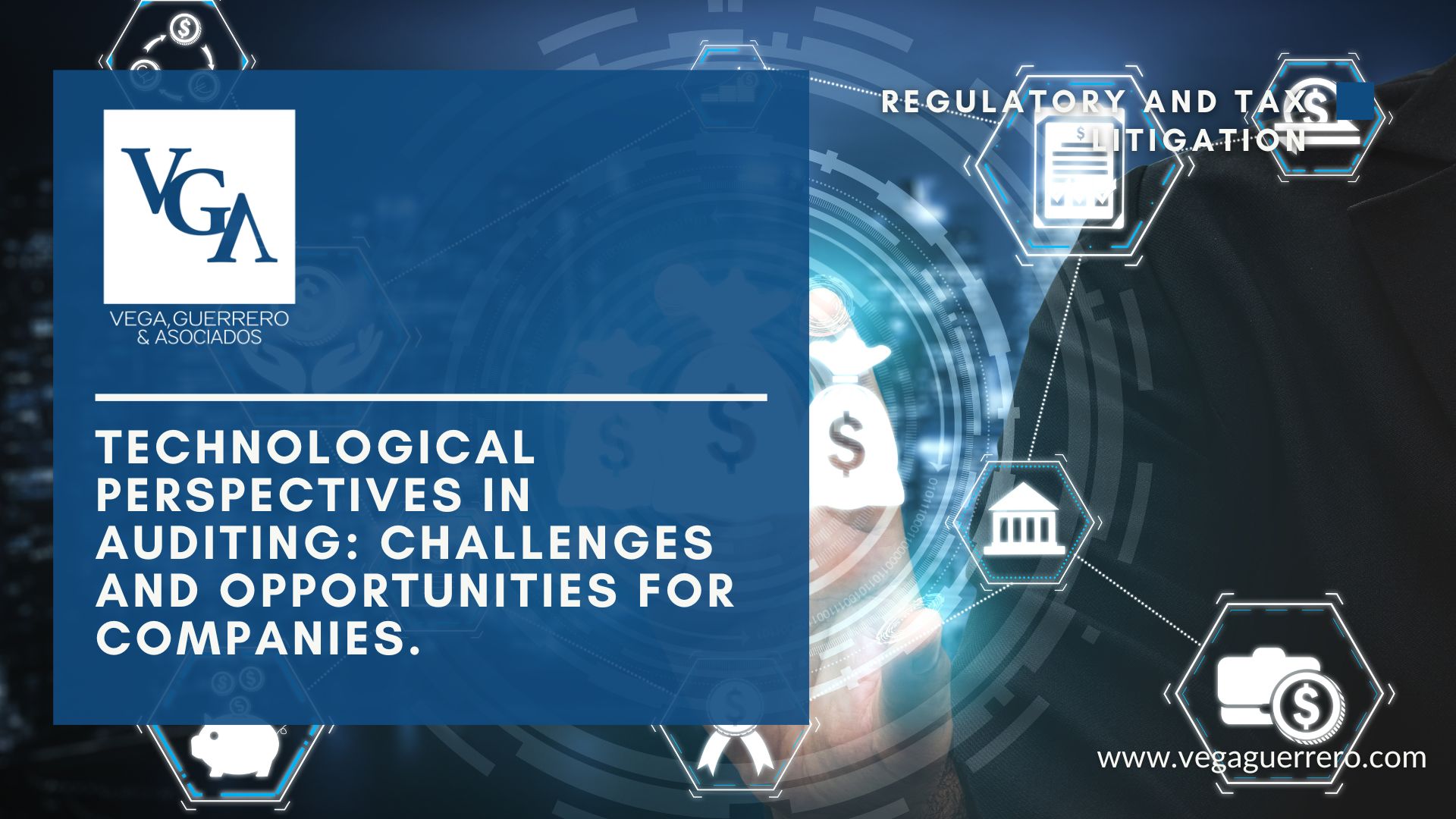The evolution of auditing processes in our country has been remarkable thanks to the adoption of advanced technology, which allows for more detailed and exhaustive analysis.
This technological advance significantly transforms the way in which obligations are supervised and audited, providing the authorities with a greater capacity to evaluate and verify taxpayers’ tax compliance.
It is crucial to understand how technological innovations impact tax management and how companies can effectively adapt to changes to ensure compliance and avoid possible legal sanctions.
An example of this is the obligation to send monthly electronic accounting, providing a detailed view of the financial situation of entities, including bank balances, accounts receivable, inventories, among others, or the issuance of CFDIs, which, because they provide detailed information on transactions and payment methods, significantly helps to simplify the determination of VAT.
Beginning with the 2023 annual return, taxpayers must present the statement of financial position, the statement of comprehensive income, the statement of changes in stockholders’ equity, and the statement of cash flows, including comparatives with the previous year and explanations of variations. In addition, they must provide comparatives with the previous year and explain the variations between both periods.
These new requirements have changed the dynamics of tax information management, resulting in an increased administrative burden, as companies need more specialists to comply with these obligations, which may lead them to consider outsourcing these specialized tasks.
In view of the significant changes in the auditing processes, it is of vital importance to pay meticulous and specialized attention to tax obligations on the part of taxpayers.
In this regard, it is imperative to have the necessary information available in a timely and accurate manner to ensure timely compliance with such obligations.
The increasing complexity of tax regulations and the introduction of new technologies require a proactive and expert approach to avoid possible adverse legal consequences.
Therefore, continuous training and specialization in tax matters are essential for companies and professionals in the tax field, ensuring efficient tax management and compliance with current regulations.
Derived from the above, the specialized team in the tax area of Vega, Guerrero & Asociados is available to offer the necessary support and guidance to comply with these regulations in the tax field. We are committed to providing you with the necessary support to address these changes and ensure your company’s compliance.




